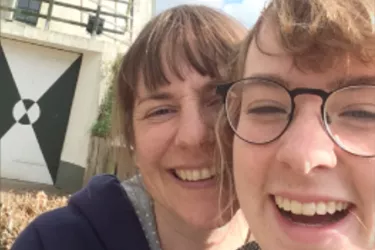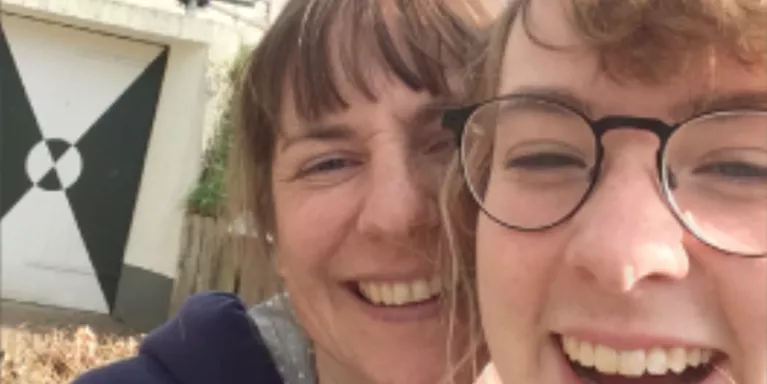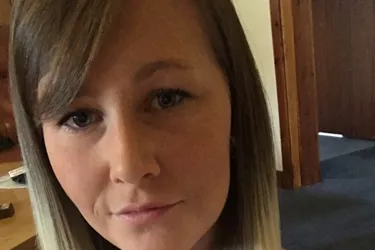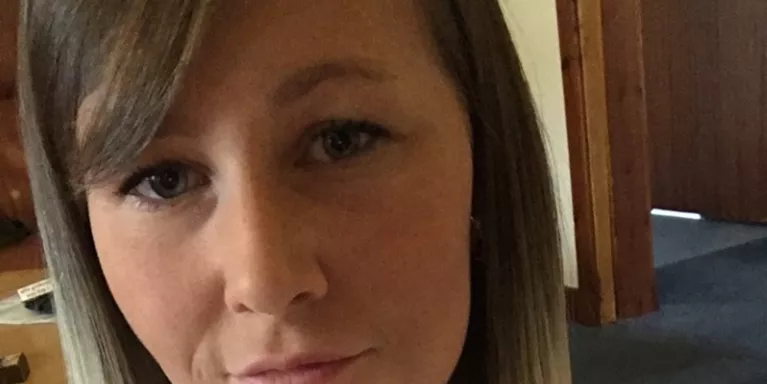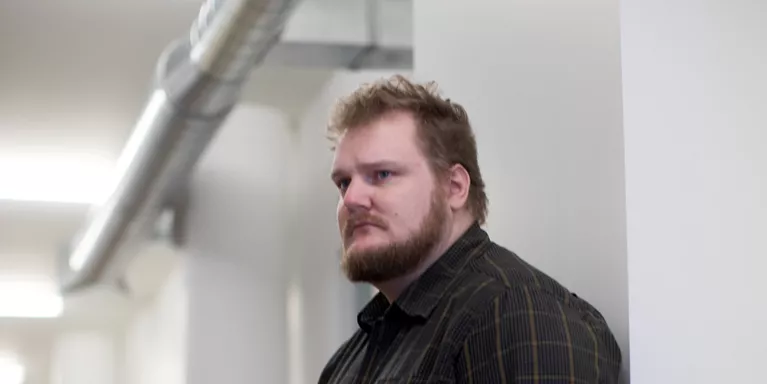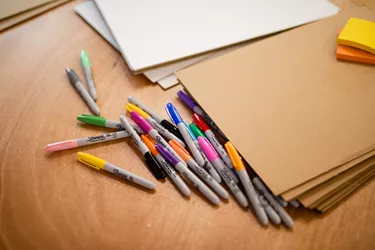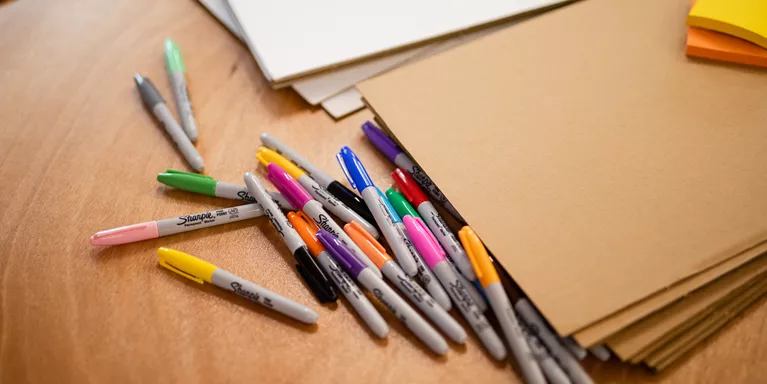Empty nest: Coping when your child leaves for university
As she prepared to watch her daughter go off to university, Morwenna took the opportunity to share the emotional impact and reflect on how she’s managing the change.
Morwenna lives in Dorset with her family. She works for the NHS and is a keen birdwatcher.
My name is Morwenna, and I have an 18 year old daughter called Thomasine. She has just started university, and over the last few weeks I’ve found it difficult to cope. I’ve heard of empty nest syndrome, but Thomasine isn’t my oldest or youngest child. My littlest ones are only four and two and will be with me for years to come. The way I have felt seemed really unexpected.
I’ve suffered mental illness before. At one point I had to have nine months off work with stress and anxiety. At the time it was so bad I couldn’t even read; I could understand individual words on the page, but whole sentences made no sense at all. I couldn’t make sense of how the words related to each other. I would try to read phrases over and over unsuccessfully.
I also had horrendous panic attacks which made me acutely dizzy to the point of collapse; awful at work or in the supermarket. After being made to attend A&E by my concerned work colleagues, I came very close to having my driving licence taken away. When I think about it now, one of my worst memories is Thomasine, then aged 11, having to support me to ‘safety’ outside a shop because I was close to being unable to stand up.
The anxiety I’ve felt has crept up on me over the summer. It sneaked into my life again and took me by surprise. Several times friends and family have looked at me oddly and asked if everything’s okay. I haven’t been sleeping well at all which, luckily, is pretty unusual for me. Three weeks ago I realised the colours on the shelves of the supermarket were ‘shouting’ at me again, and making me feel sick. I’ve had butterflies all the time. Every waking minute.
"When I got the slip of paper from Thomasine’s tutor with her grades – A, B, C – I struggled not to cry."
Thomasine was away on A-level results day. We’d arranged that I’d go to school and collect her results, then email her and deal with the admissions service if necessary. The previous night I’d had hardly any sleep. In the morning I felt far more nervous than when I’d got my own A-level results. The school opened at 9am. I walked there with two of Thomasine’s friends. When I got the slip of paper from Thomasine’s tutor with her grades – A, B, C – I struggled not to cry. I am very, very proud of my daughter but in that moment I couldn’t feel happy for her and the fact she’s achieved the grades she needed to start her off in life.
Thomasine hadn’t been at all positive about how her exams had gone. Our plan B was for her to do another year at school and retake; another year of her at home. But she’d done really well, better than she needed to. Several of her lovely friends came up to me to tell me how they’d done and congratulate me on Thomasine’s results. I just tried my best to get through it and say everything appropriate. The next two days were hell. Thomasine had no internet and couldn’t contact me. I was beside myself with worry. Even when she was contactable, she was very monosyllabic and unresponsive. I think she must have been in shock as well.
Oddly, as university day approached I felt calmer, but number. Thomasine was home, and doing things together to prepare for university helped. We loved charity shops, and going round buying cheap second hand pans and cutlery was strangely therapeutic.
"I know that I will have to take better care of myself too, otherwise I’d be headed for breakdown number two."
I know that I will have to take better care of myself too, otherwise I’d be headed for breakdown number two. I don’t know when I realised this, but I’m glad that I have and I’m trying to do what I can. I practise mindfulness in every-day situations. From being a dishwasher loader to a car passenger. I make an effort to eat more healthily; plenty of homemade salads and less processed food. I walk more. I’ve tried to tell my husband what I’m feeling and be more patient with the children.
As university day approached, I was scared I’d not be up to driving, and no help for Thomasine if I’m in a state. We made a backup plan for my husband to take her, but thankfully when the big day arrived I felt up to it and was able to be there for her. Thomasine’s older brother also came for moral support and help with baggage carrying. The day itself went well. By the time we’d got there (nearly 5 hours in the car), unloaded, explored, got Thomasine registered and done some grocery shopping, I was too exhausted to be over-emotional. But I could sense when the time came to say goodbye she was pleased to be given her own space to get on with things.
The next day I could have happily spent in bed crying, but there is always plenty to do if you have small children. My husband took our youngest daughter to a birthday party because I couldn’t face talking about it all to my friends. Poor Thomasine felt very lost and alone for the first 24 hours, and hearing her brave-but-sad voice on the phone was very hard, but she is now making friends and settling in fast.
"For years now she has been growing up and becoming more independent; this is just part of the process."
It is hard to cope with her being away, terribly hard, but I try and think about the positives. This is Thomasine’s journey. For years now she has been growing up and becoming more independent; this is just part of the process. We will still get to see plenty of her for another few years during the academic holidays. Time really does help; even after a few days I felt less shocked and more able to talk about it. One of the best things is our age of mobile phones. She’s able to send me pictures of her housemates and new friends; keeping in touch is so much easier than when I left home. Roll on the Christmas holidays!


Information and support
When you’re living with a mental health problem, or supporting someone who is, having access to the right information - about a condition, treatment options, or practical issues - is vital. Visit our information pages to find out more.
Share your story with others
Blogs and stories can show that people with mental health problems are cared about, understood and listened to. We can use it to challenge the status quo and change attitudes.










